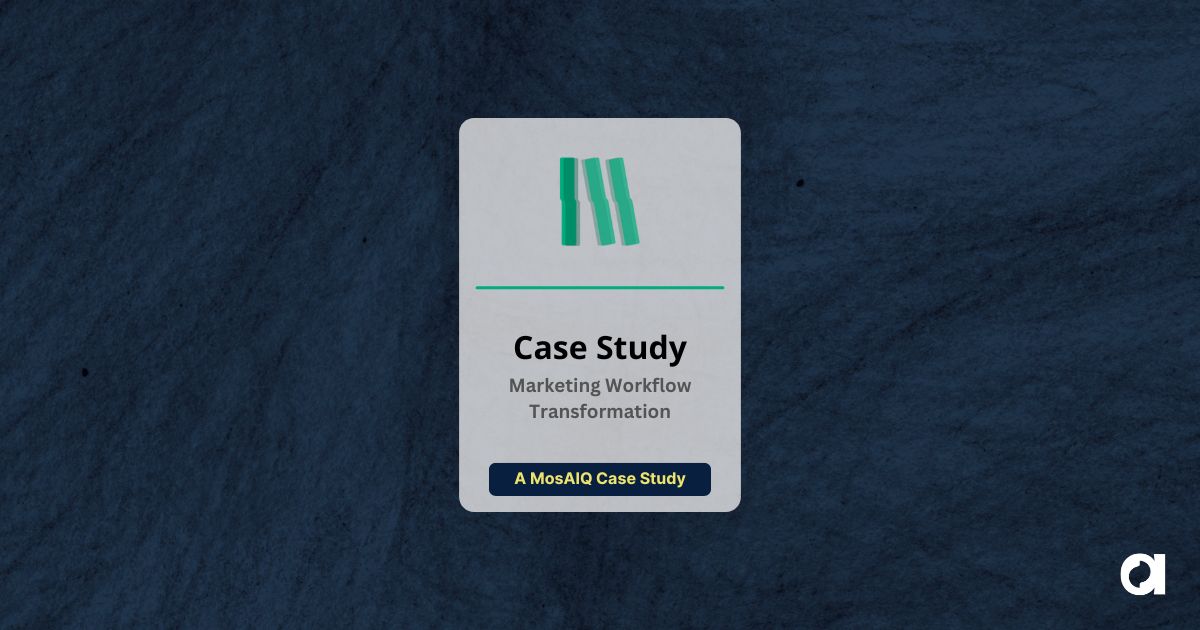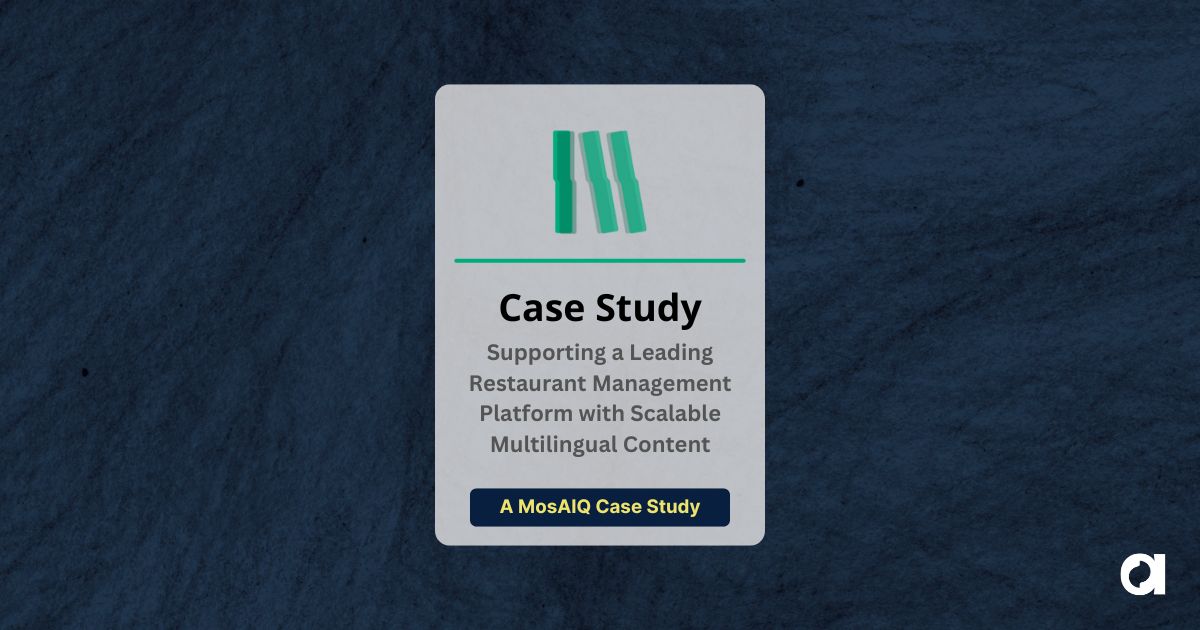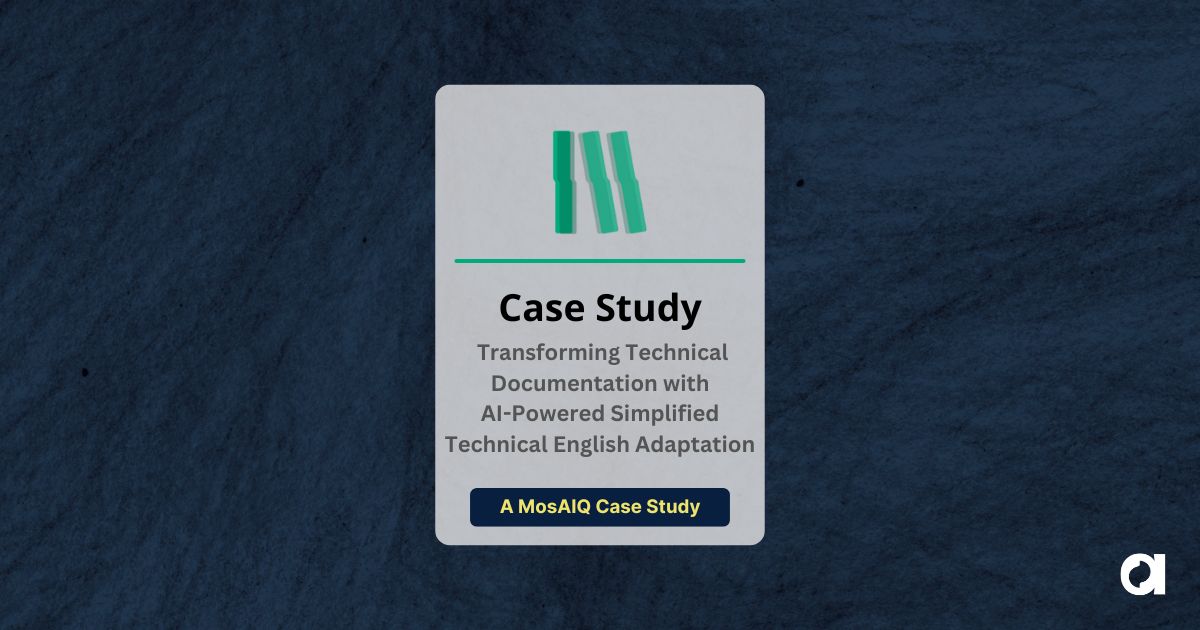The October deadline is approaching, and the new government of the United Kingdom seems committed to a “no-deal” Brexit. It’s time to look at potential pitfalls that may not have gotten the attention they deserve.
Every day seems to bring a new revelation about the unforeseen consequences of a “no-deal” or “hard” Brexit – the leaked “Yellowhammer” document predicts shortages of fresh food, massive transportation disruptions due to insufficient fuel, a rise in public disorder, and a hard border in Northern Ireland. Less attention, however, has been paid to the potential impact on the medical and life sciences sectors, which could include shortages of vital medicines, shortages of devices to administer the vital medicines, and shortages of trained personnel to operate the devices that administer the vital medicines.
Setting up shop on the continent
A considerable amount has been written about Brexit’s impact on the European life sciences industry, including on this blog. But what exactly will the ramifications be for Britain? Just for starters, manufacturers of pharmaceuticals and medical devices in the UK will need to designate an authorized representative based somewhere in the EU, which has long been a requirement for operators located outside of the EU. Manufacturers are strongly advised to get their new offices up and running prior to the withdrawal date in order to avoid the web of red tape that’s sure to follow.
Time to stock up?
According to leaked government reports, medical supplies will be “vulnerable to severe extended delays” as around 75% of the medicines and more than half of the devices used by Britain’s National Health Service (NHS) enter from the EU via the main channel crossings. “By far the greatest concern is the availability of medicines, devices, and clinical supplies,” says Dr. David Rosser, chief executive of University Hospitals Birmingham Trust. “Trusts could quickly run out of vital medical supplies.” Accordingly, the British government has asked suppliers of medicine and medical paraphernalia to stockpile six weeks of extra supplies to deal with the expected chaos affecting cross-channel import routes.
Not enough hands on deck
When it comes to personnel, NHS trusts throughout the UK currently have a staff shortage of more than 100,000, which has a massive effect on key groups of essential staff like nurses, specialist doctors, and care staff. The existing policies of free movement and mutual recognition of professional qualifications within the EU means that a significant number of the health and social care professionals currently working in the UK have come from other EU countries – in fact, the UK has a greater proportion of doctors who qualified abroad than any other European country apart from Ireland and Norway. Brexit has the potential to make an existing shortage of trained medical professionals even worse, as EU citizens working in the medical profession will find their residence and employment status in question and their professional qualifications no longer recognized.
What can be done?
Unfortunately, the consequences of a “no deal” Brexit defy easy, quick, or comprehensive solutions. Alternatives to hoarding medicines and supplies include offloading at ports other than Dover and Folkestone, creating extra ferry capacity, and even privately chartering flights to fly in drugs and devices that can’t be stockpiled. When it comes to personnel shortages, every effort should be made to clarify the status of EU citizens currently living in the UK in order to provide them with reassurance and persuade as many as possible to stay and continue to contribute, while also increasing the domestic NHS workforce by any means necessary. For British companies in the life sciences or healthcare sectors, the only real answer is preparation – modeling scenarios will be critical, and businesses will also need to know exactly how quickly alternative arrangements can be put into play. As in any unstable situation, the companies that have response plans ready and can adapt quickly will be the ones that come out on top when the dust settles.
Argos Multilingual has a track record of successfully guiding our customers through complex regulatory changes. For more information about how we can help you keep your business compliant in the EU, get in touch with us.
 Argos Multilingual
3 min. read
Argos Multilingual
3 min. read
New EU medical device regulations are approaching fast – what role will translation and localization play in making them viable? Manufacturers of medical devices for the EU market will soon have more requirements to comply with as part of the European Medical Device Regulation (MDR) for general medical devices and the In-Vitro Diagnostics Regulation (IVDR) […]

 Argos Multilingual
2 min. read
Argos Multilingual
2 min. read
With its 30% share, Europe is a big player in the medical devices market. European regulations controlling manufacturing, marketing and usage of the medical devices, also controls the language requirements for the medical devices that will be sold in the European Union. Since its first introduction in the 1990’s, one of the important consequences of […]











